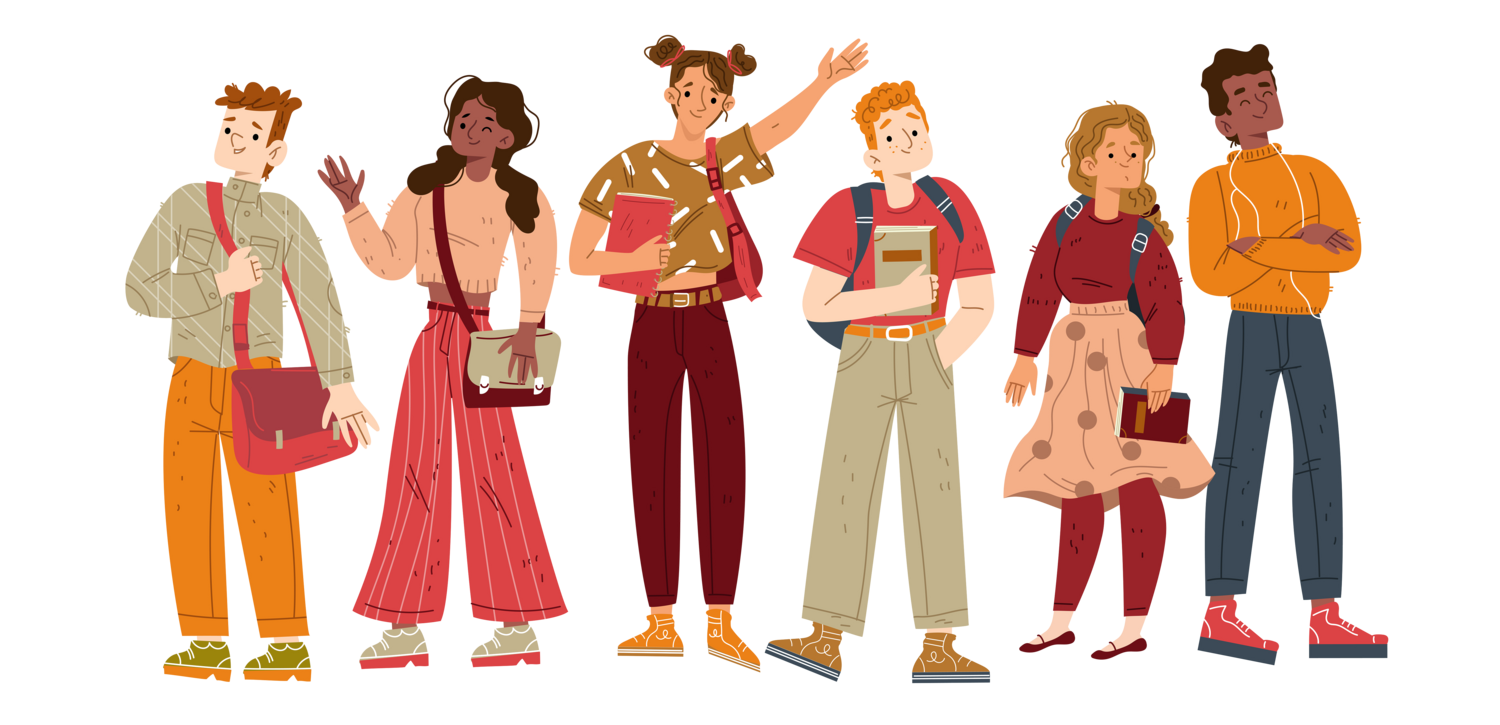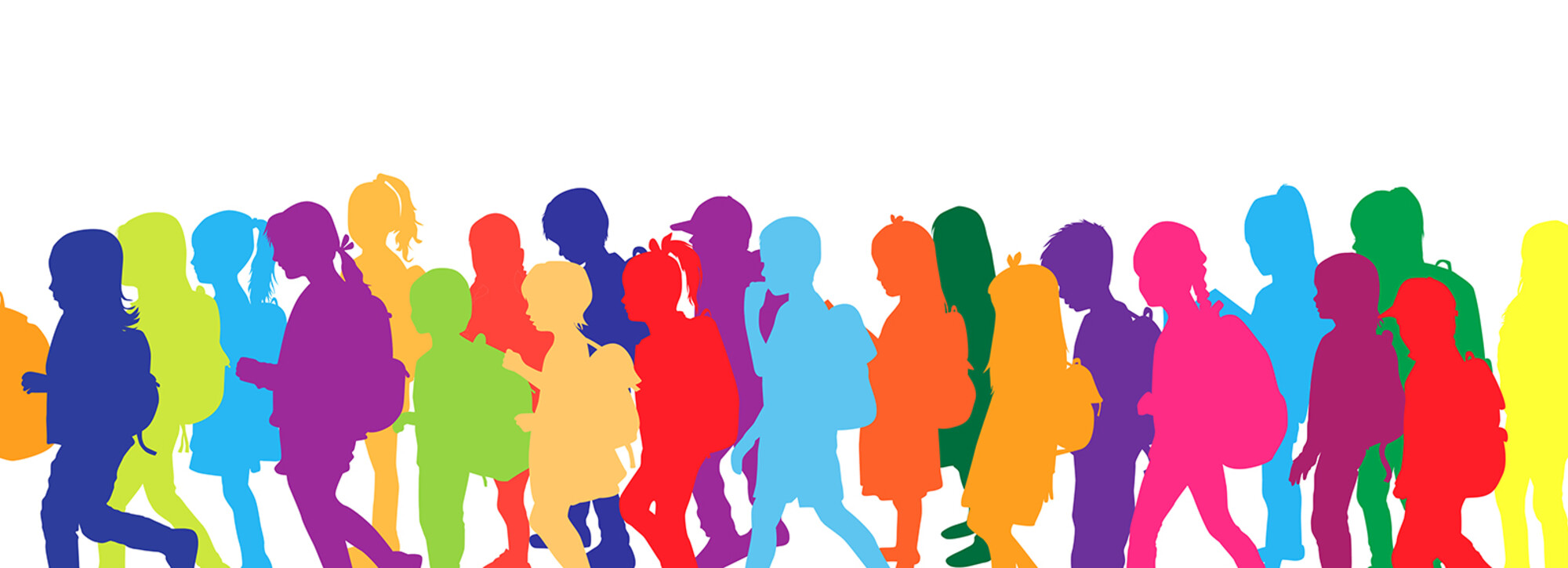The Youth Equity Science/YES Project is a joint initiative between mental health, legal, and human rights experts to promote the equality, health and well-being of lesbian, gay, bisexual, transgender, queer and questioning (LGBTQ+) youth. The YES Project serves as a platform and meeting place to foster interdisciplinary understanding, ongoing collaboration and technical assistance; to translate findings across areas of expertise and integrate imperatives and proposals for change; and to disseminate policy-relevant research to promote LGBTQ+ youth wellbeing. The YES Project integrates evidence-based scientific research bearing on LGBTQ+ youth health and wellbeing with principles of equality, dignity and human rights to advance health justice as a key framework and practice. We undertake work focusing substantially on the United States, alongside work examining laws, policies and programming transnationally and worldwide.

Our work seeks to meet the imperative that the range of advocates, scholars, litigators, human rights experts and defenders working to advance and buttress LGBTQ+ rights, and LGBTQ+ youth mental health and wellbeing, have access to the best scientific evidence and analysis on harms, associations, and effective strategies, and are able to use this information to its full potential. This includes work to clarify appropriate research methods and conclusions in the face of misinformation, and that draws out the relationship of law, legal frameworks and advocacy to LGBTQ+ youth health. We also seek to advance new avenues for research to ensure that understandings of LGBTQ+ mental health include the examination of structural and interrelated factors, and extend across the diversity of this population.
Our cross-disciplinary research maps and draws attention to the range of health and wellness inequities faced by LGBTQ+ youth due to stigma, including depression, anxiety, substance abuse, suicide, bullying, family non-acceptance, community harassment, and HIV/AIDS. We explore how stigma related to being (or being perceived as) LGBTQ+ devalues and ostracizes youth, and is exacerbated by other intersecting biases with material impacts, such as misogyny, racism, anti-immigrant bias, religious and ethnic bias, and other forms of subordination. This occurs at various levels: structurally, in prejudiced laws, policies or social norms; interpersonally, in bullying or family rejection; and individually, in identity concealment or anticipation of rejection by others. LBGTQ youth grow up in a world in which LGBTQ+ people — especially those belonging also to other marginalized populations – remain subject to discriminatory laws in employment, housing, public accommodation, and hate crimes in the U.S., and internationally to rights abuses including curtailment of speech, imprisonment, torture, and capital punishment.
Unfortunately, stigmatization is on the rise, alongside direct attacks on the health and wellbeing of LGBTQ+ youth. LGBTQ+ youth, particularly trans and gender non-conforming youth, are being targeted as part of efforts to regress recent and even more established civil rights gains. In the U.S., as worldwide, new strains of authoritarianism normalize creeping human rights abuses by scapegoating LGBTQ+ people, including youth, under the pretext that they are corrupting traditional values. These attacks on the basic rights of LGBTQ+ people overlap with ethnonationalist movements and persecution tied to the perceived threats of feminism, abortion and ‘gender ideology,’ all of which impact many within and beyond the LGBTQ+ community, and render each aspect of “L”, “G”, “B”, “T”, and “Q” similarly but differently suspect in many national settings.
The YES Project benefits from affiliation with key project partners:
- Yale Global Health Justice Partnership (GHJP): YES is a program of the Yale Global Health Justice Partnership, a joint initiative of the Yale Law School and Yale School of Public Health Schools, established in 2012 to promote interdisciplinary, innovative, and effective responses to key problems in health justice.
- LGBT Rights Division of Human Rights Watch (HRW): HRW works for lesbian, gay, bisexual, and transgender peoples' rights, and with activists representing a multiplicity of identities and issues. They document and expose abuses based on sexual orientation and gender identity worldwide, including torture, killing and executions, arrests under unjust laws, unequal treatment, censorship, medical abuses, discrimination in health and jobs and housing, domestic violence, abuses against children, and denial of family rights and recognition. HRW advocates for laws and policies that will protect everyone’s dignity.
- Child and Adolescent Psychiatry Clinical Training program of Weill Cornell Medical College of Cornell University, Vagelos College of Physicians and Surgeons of Columbia University, and New York Presbyterian Hospital: Clinical trainees in child and adolescent psychiatry participate as Health Justice Fellows in the YES Project. In this role, they acquire medical knowledge about evidence linking stigma to health and mental health disparities and programmatic strategies for stigma reduction. They practice translating research into effective mental health advocacy. They gain familiarity with legal and human rights frameworks relevant to mental health and data collection/analysis regarding theories of change to promote youth mental health, and experience in productive cross-disciplinary collaboration.
